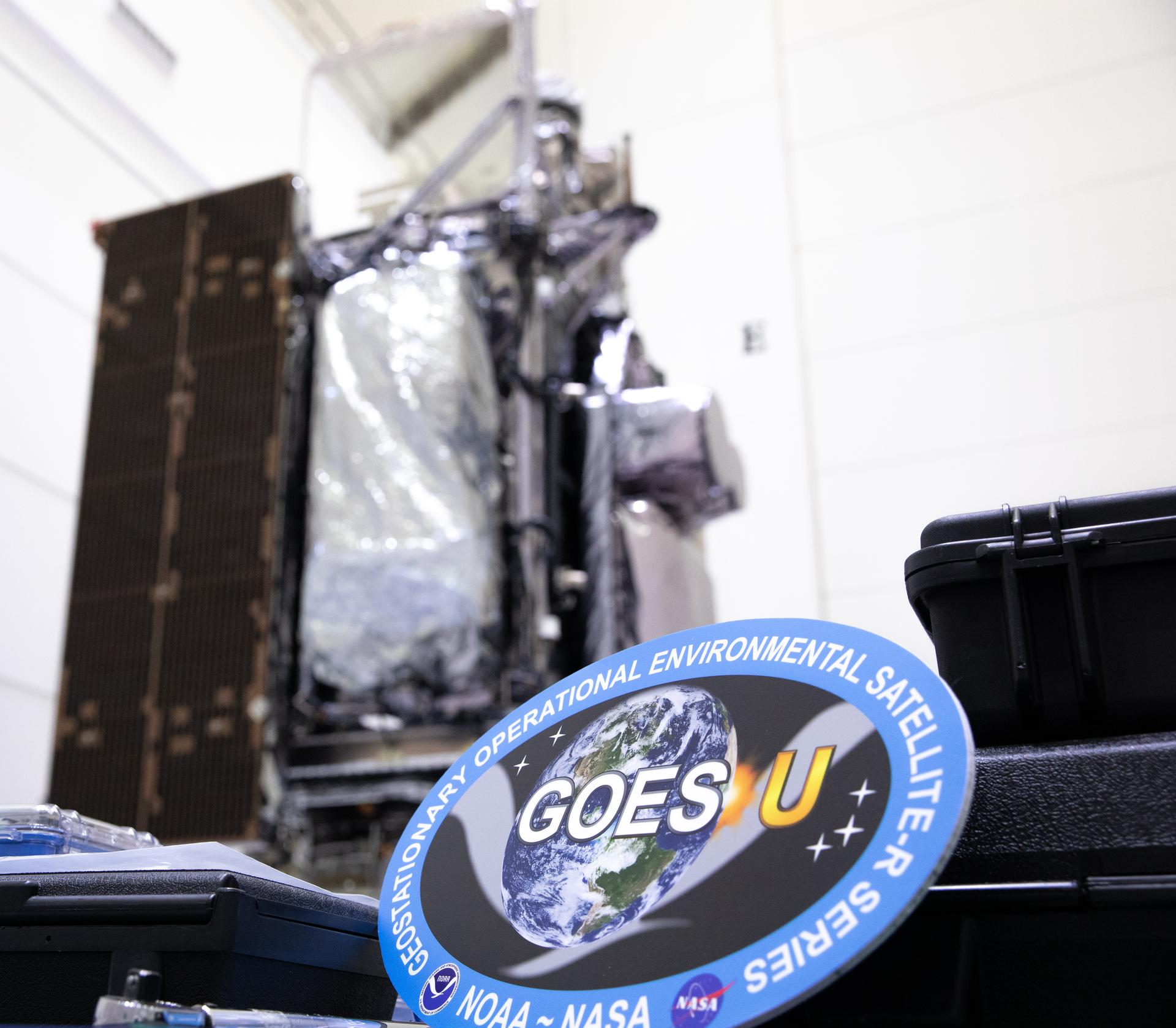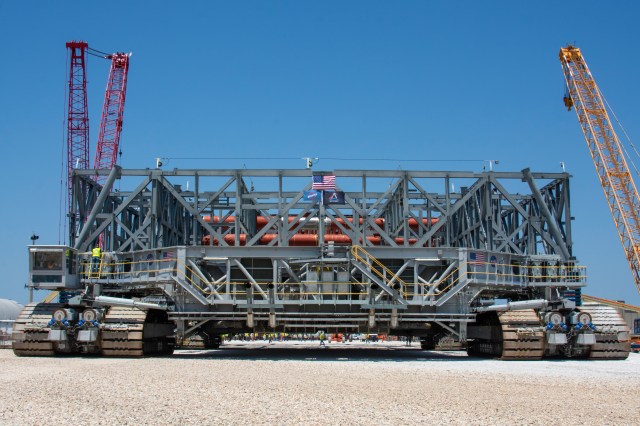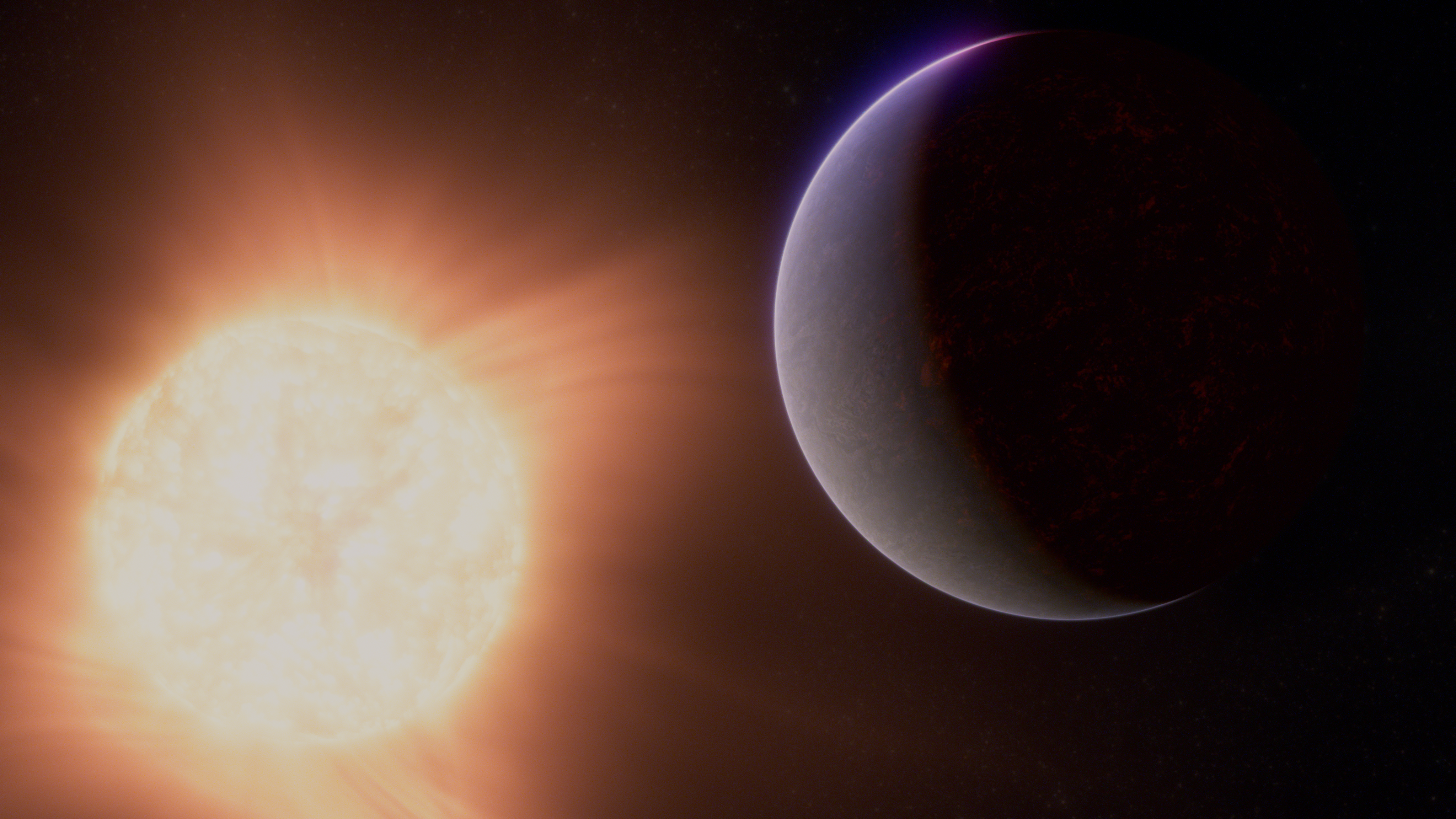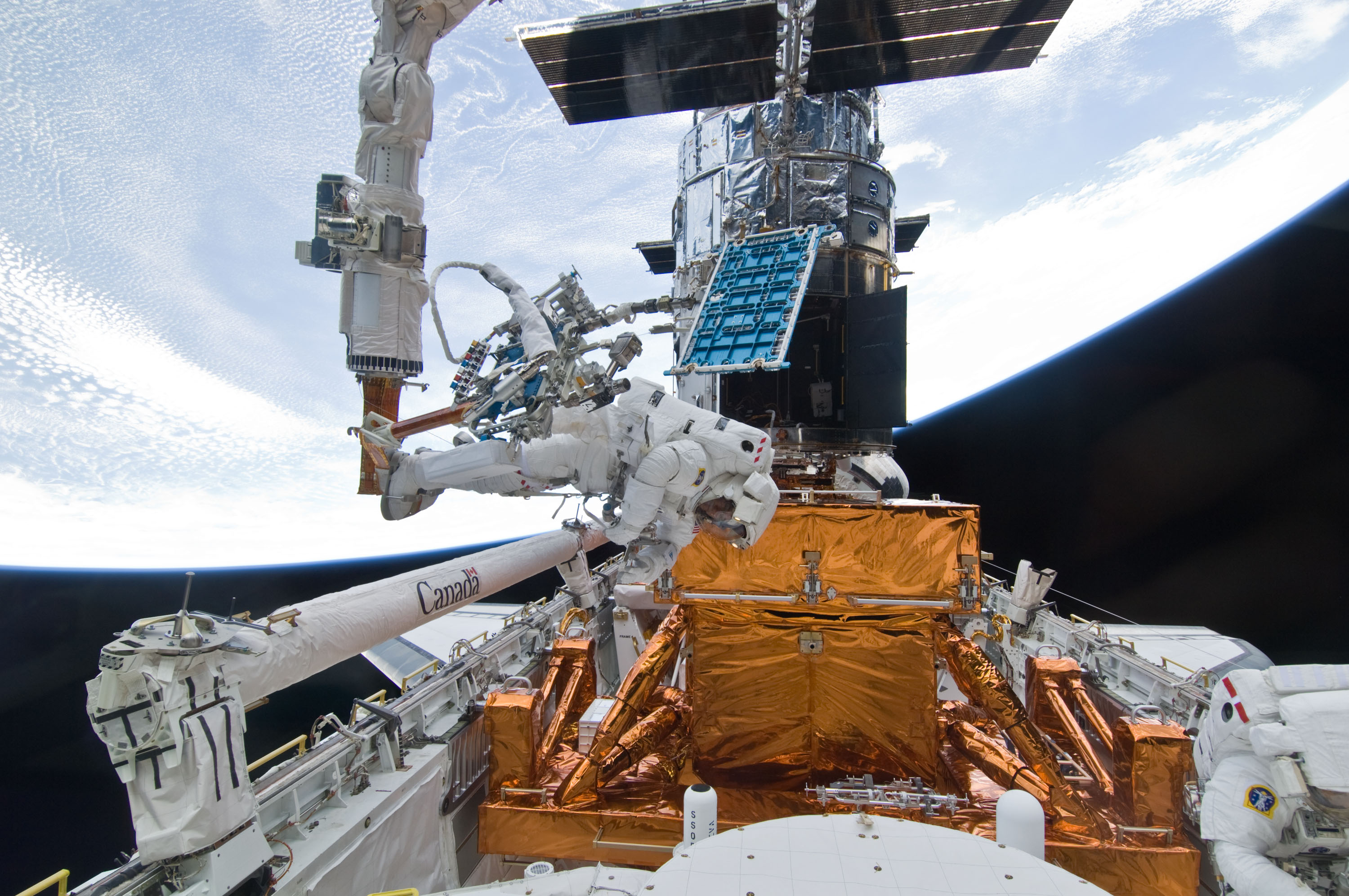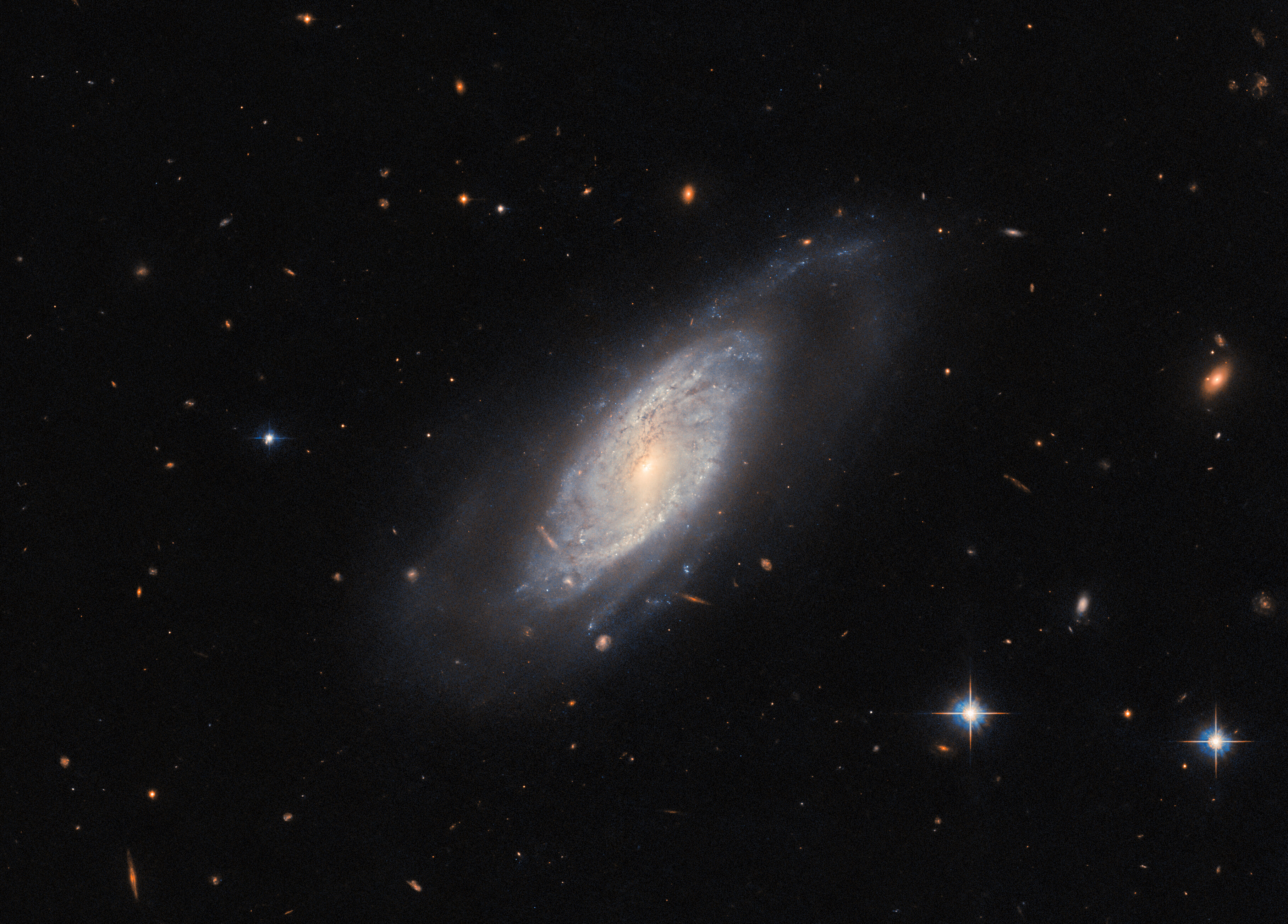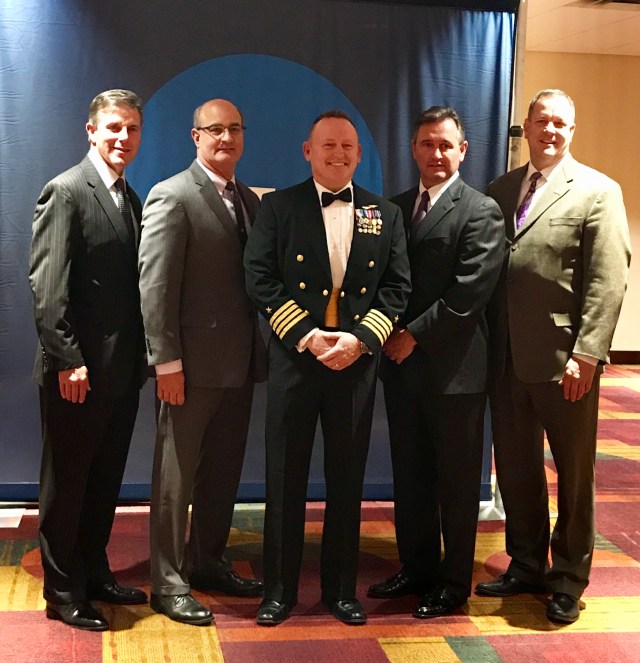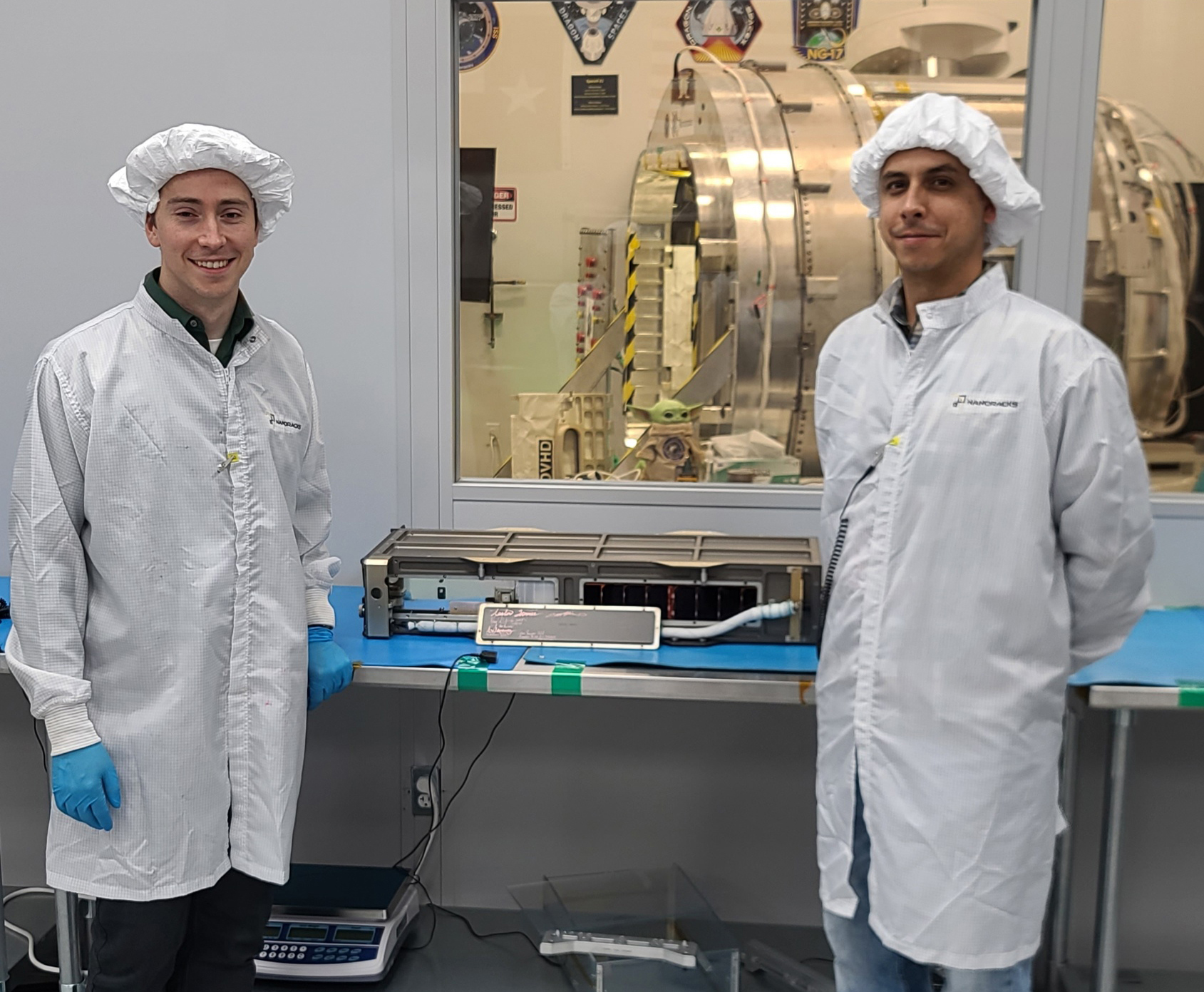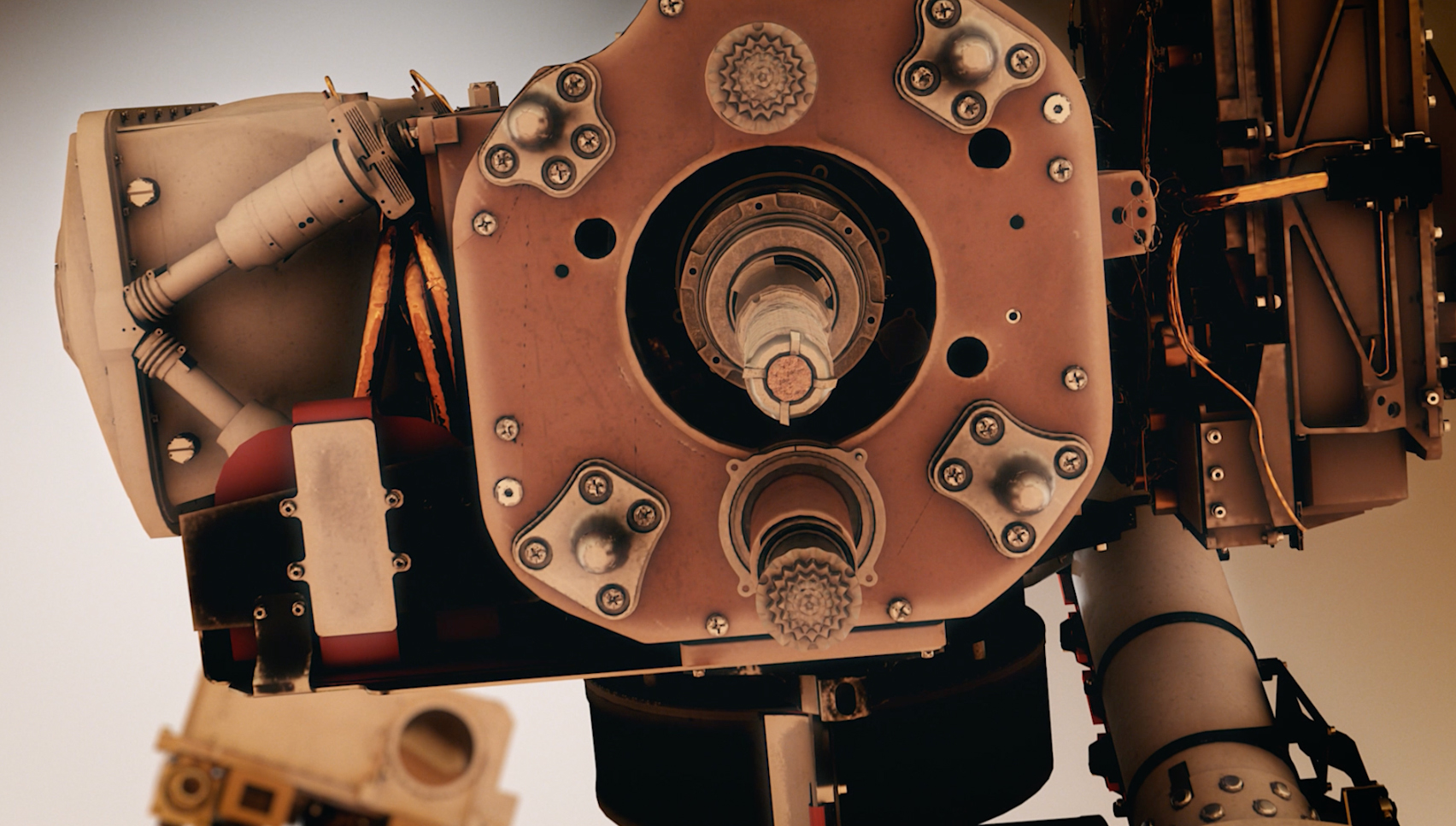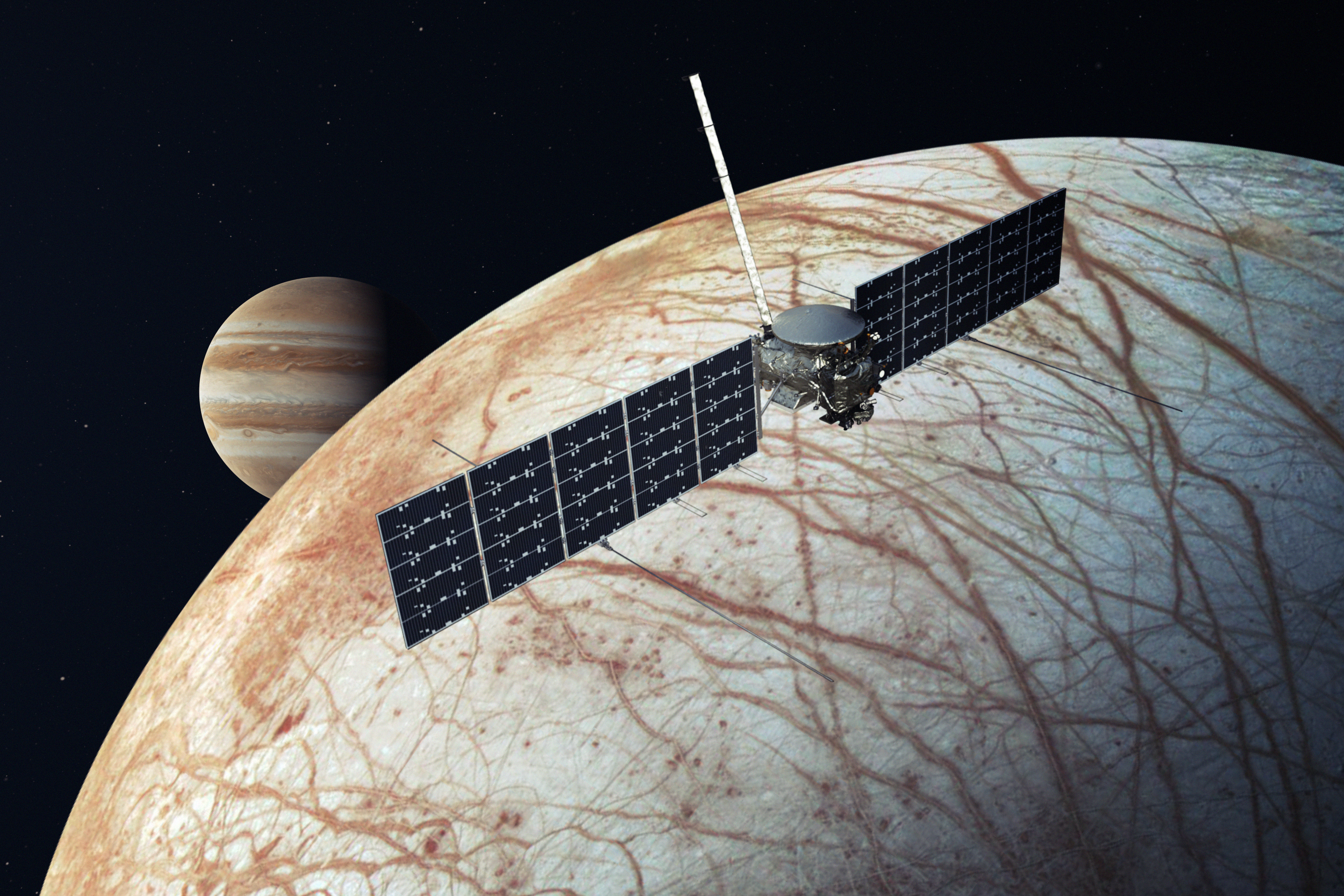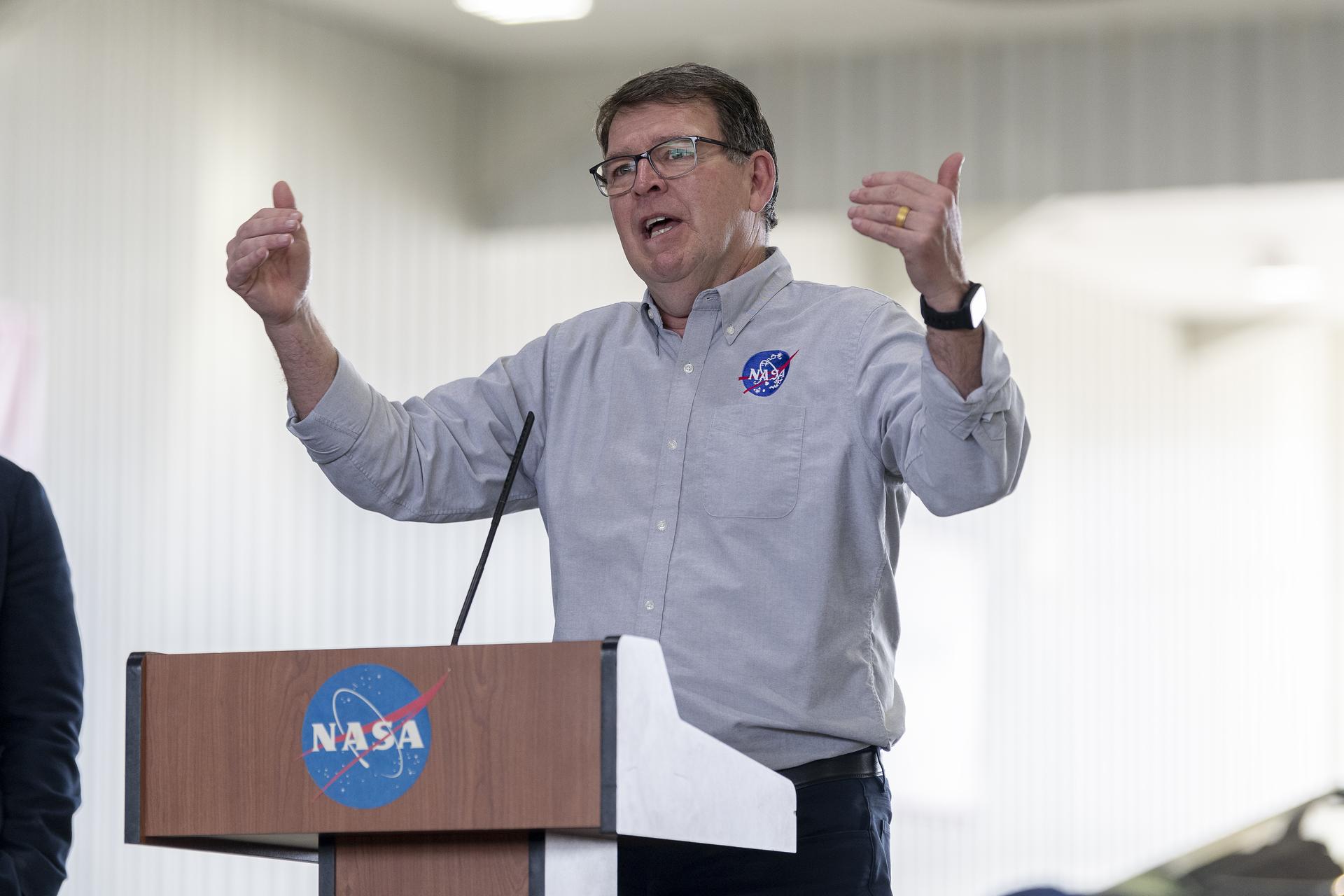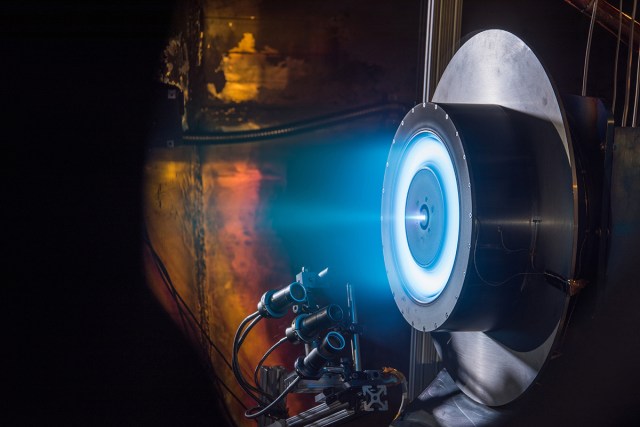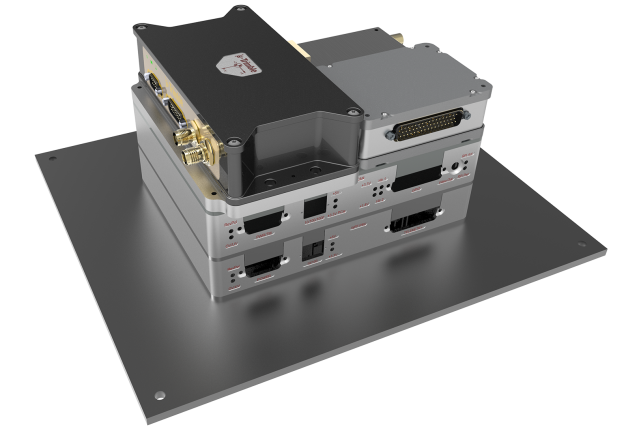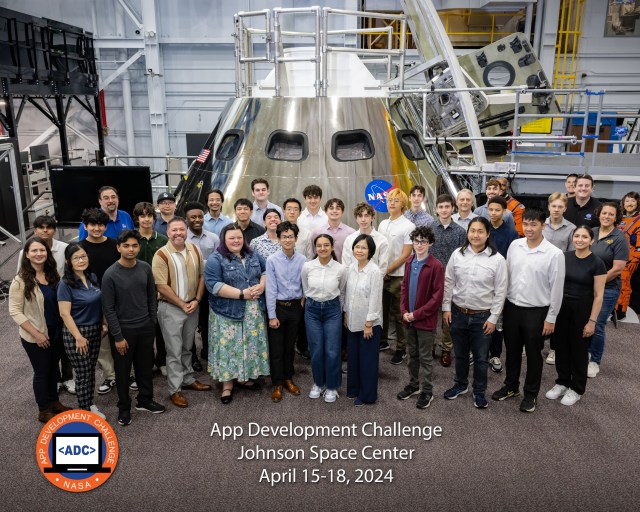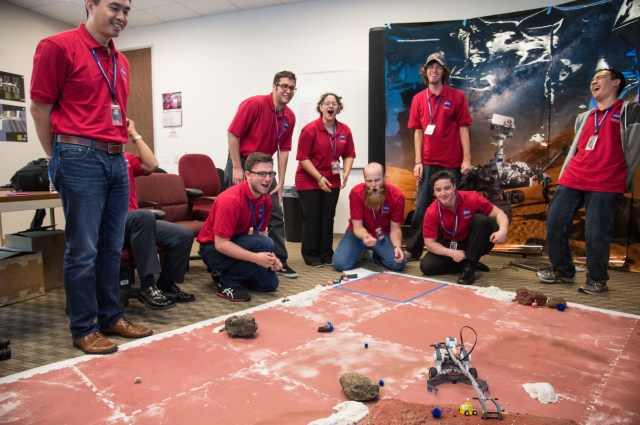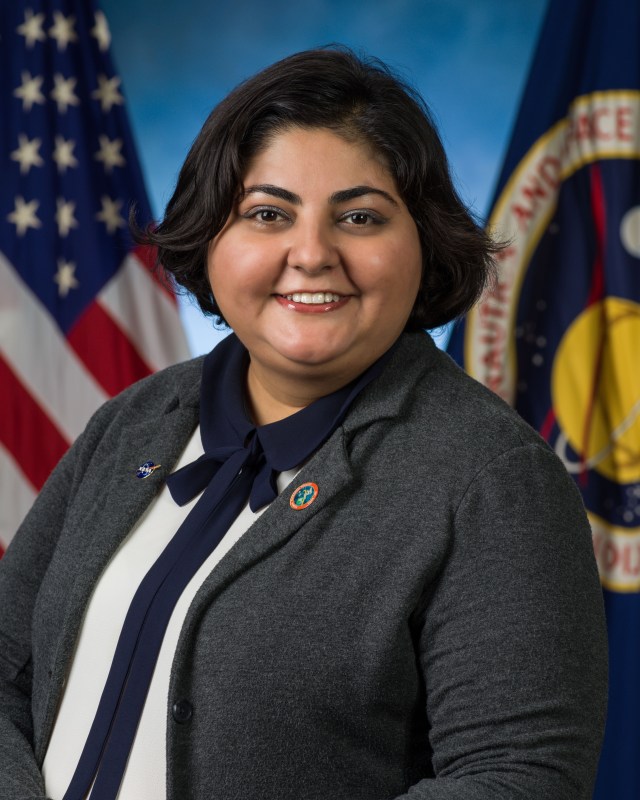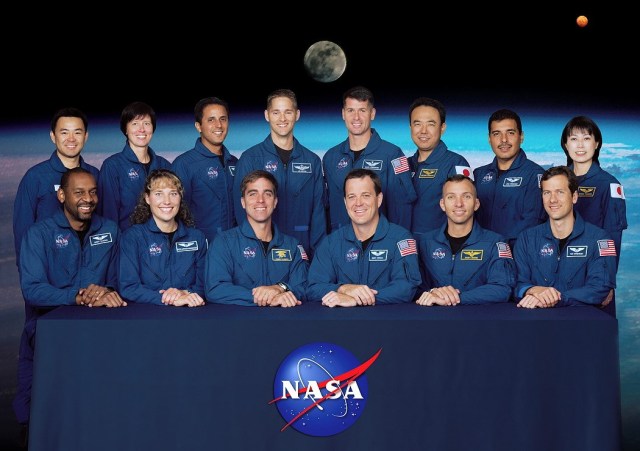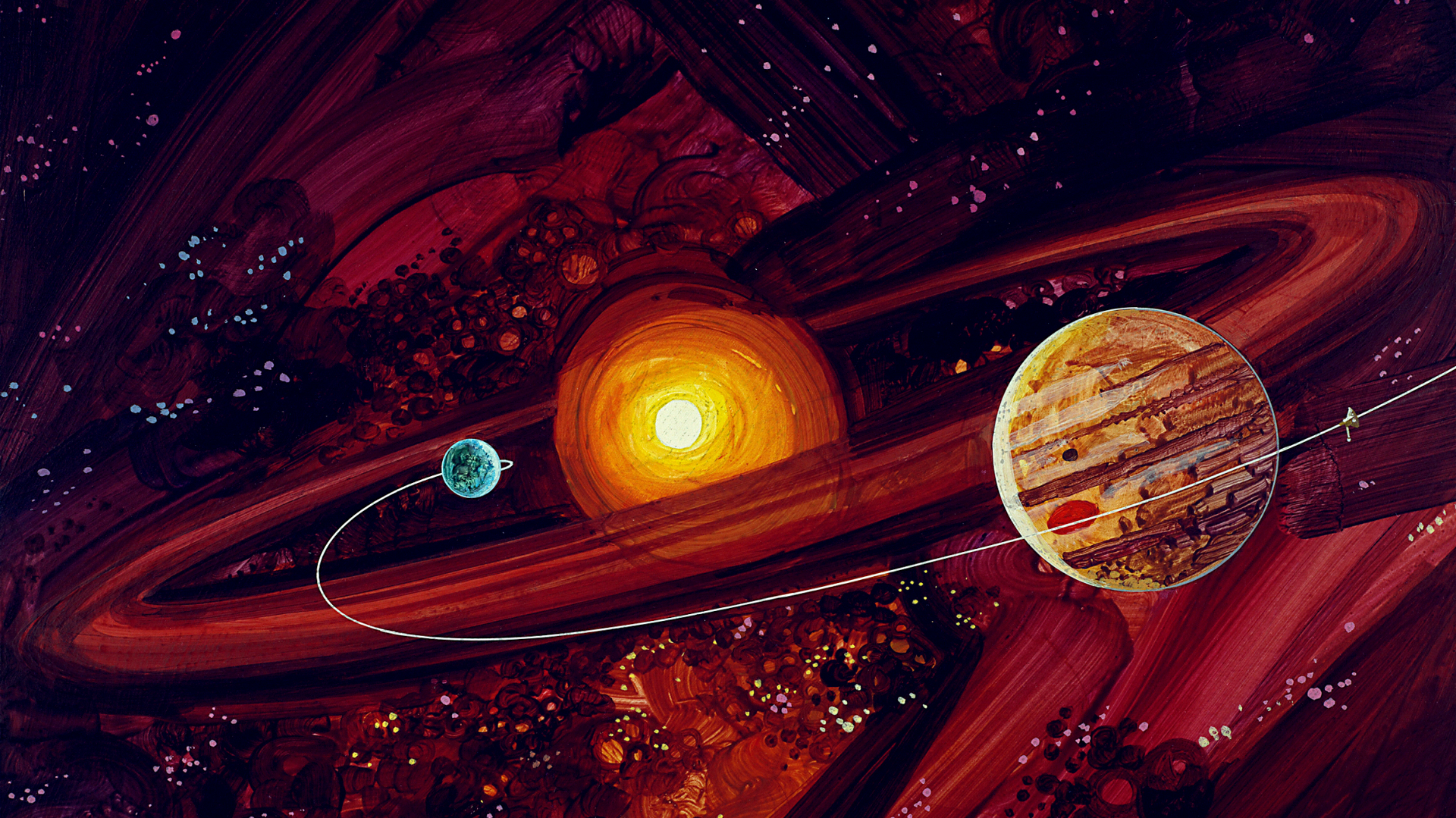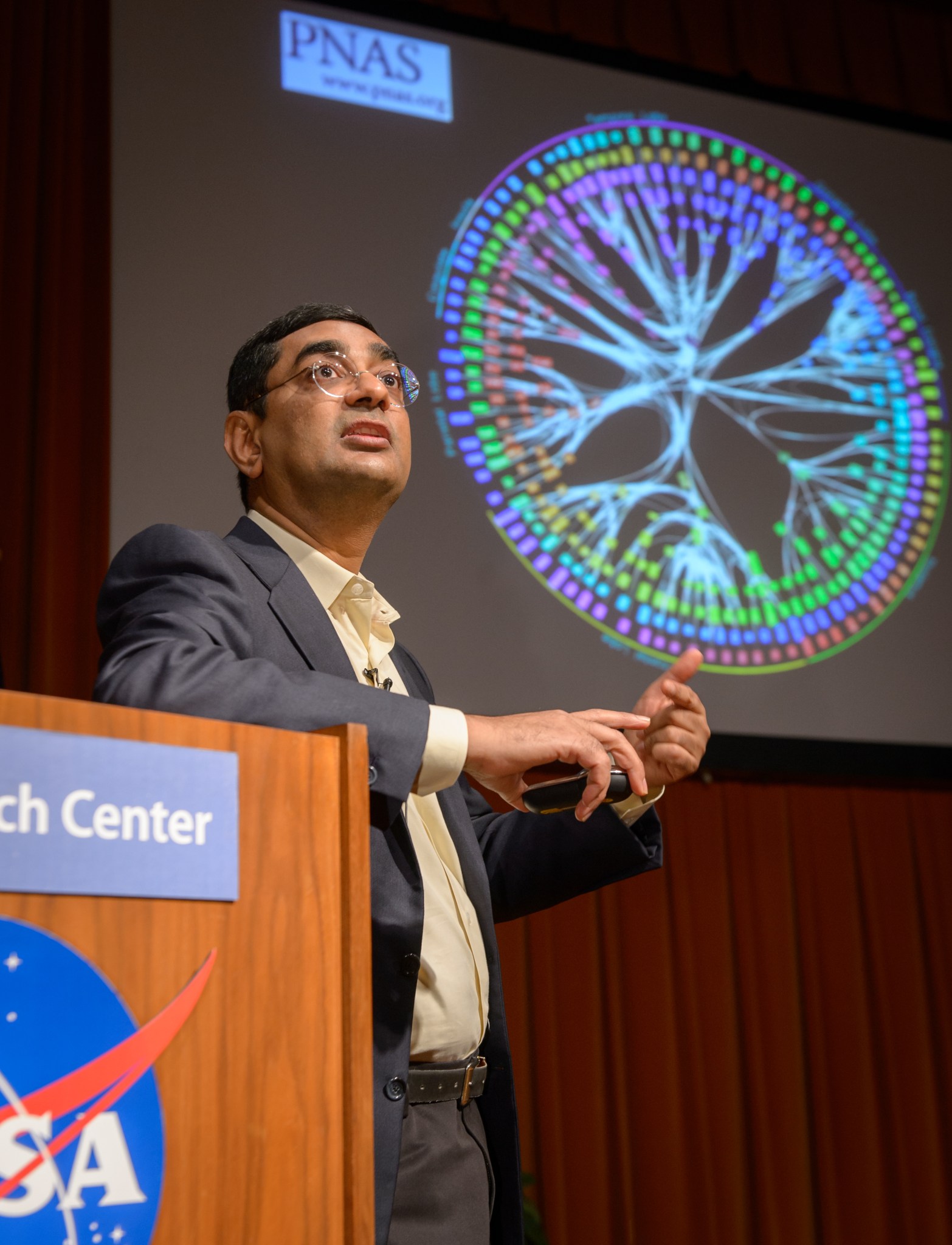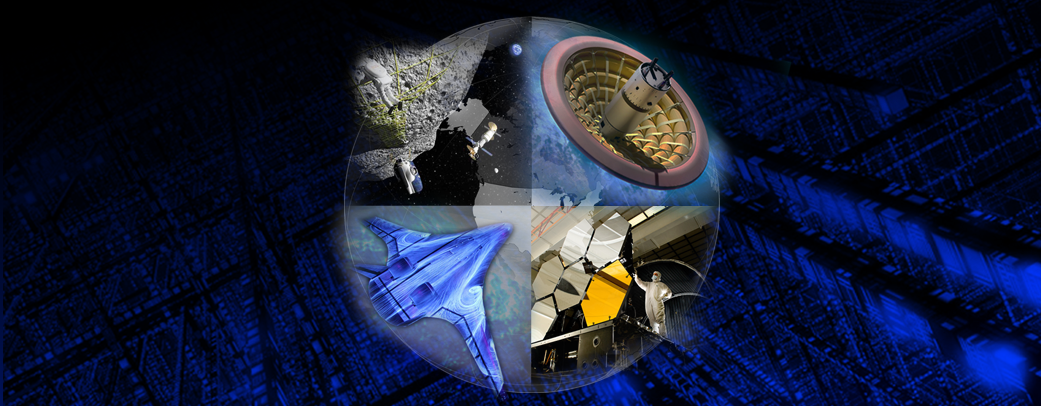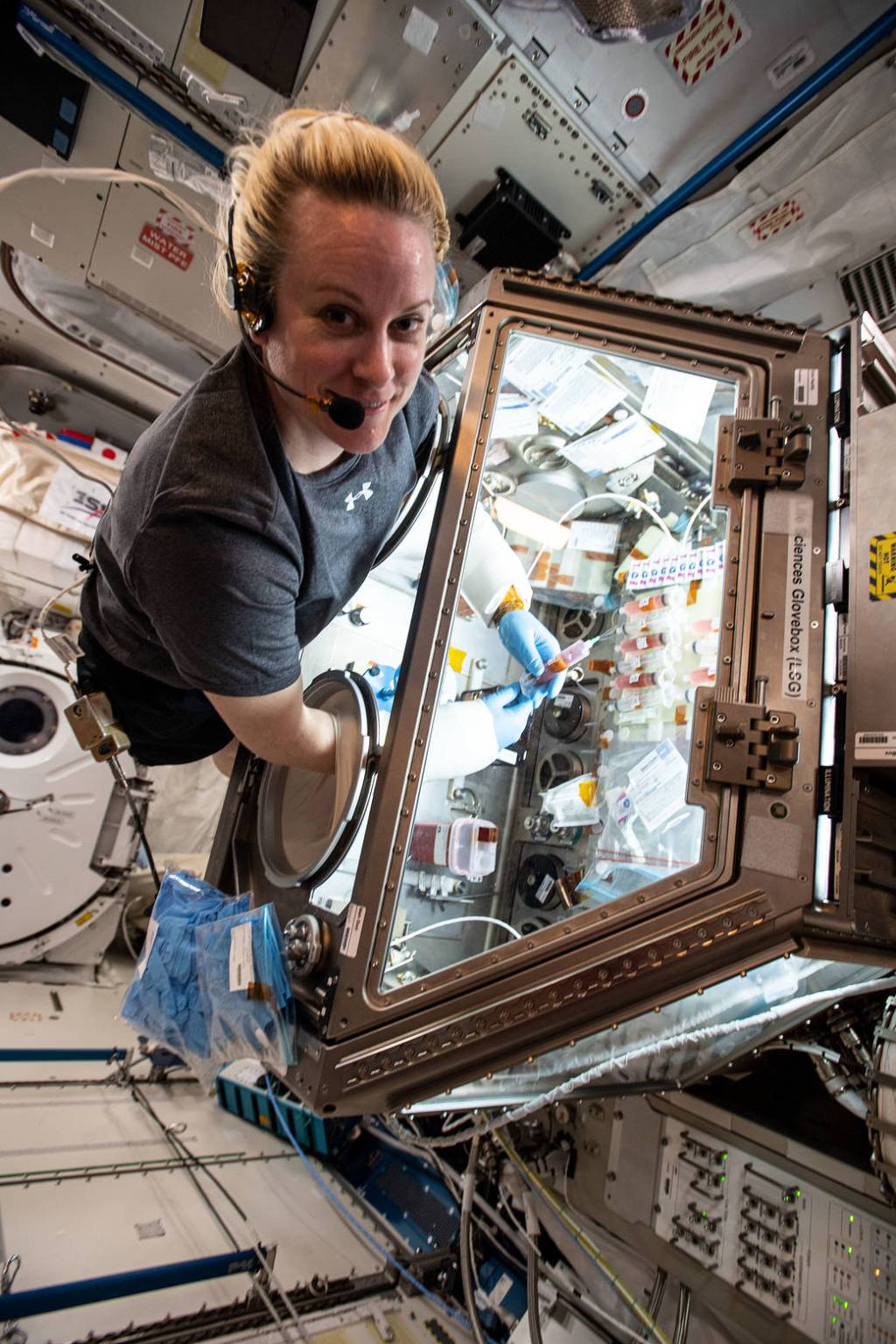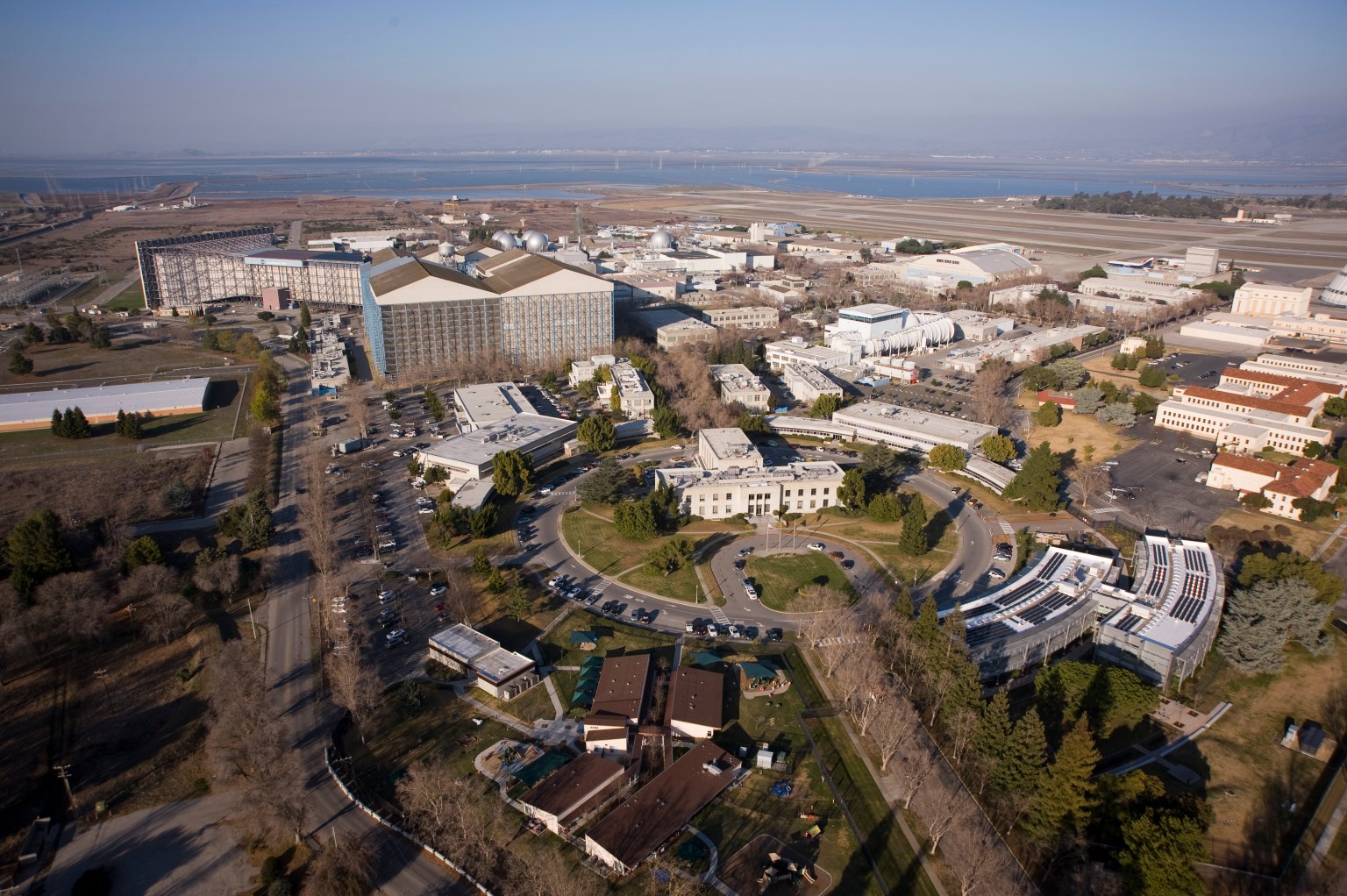Dr. Dharmendra S. Modha: A New Architecture for Brain-inspired Computing
As computational capabilities continue to exponentially increase, we enter an exciting time where we can explore our own consciousness through technology. Dr. Dharmendra S. Modha described his groundbreaking, DARPA (Defense Advanced Research Projects Agency) SyNAPSE (Systems of Neuromorphic Adaptive Plastic Scalable Electronics) program funded, research project to build a brain-inspired computer. The vision is balanced on the intersection of biology and computer science with the aim of developing methods that have the computational power and the relative low energy consumption of biological neural systems. Today’s computers are many orders of magnitude less efficient in solving complex problems than biological systems. Dr. Modha’s work complements NASA Ames’ Advanced Supercomputing Division research conducted on the Pleiades Supercomputer and in the Quantum Artificial Intelligence Lab to solve terrestrial and space based complex optimization problems. Bridging the gap between current computational technology and biology will define a new path of intelligent machines.
Abstract:
Dr. Dharmendra S. Modha will describe a decade-long, multi-disciplinary, multi-institutional effort spanning neuroscience, supercomputing, and nanotechnology to build and demonstrate a brain-inspired computer and describe the architecture, programming model, and applications.
Biography:
Dr. Dharmendra S. Modha is an IBM Fellow and IBM Chief Scientist for Brain-inspired Computing. He is a cognitive computing pioneer who envisioned and now leads a highly successful effort to develop brain-inspired computers. The groundbreaking project, SyNAPSE, funded by DARPA to the tune of $53.5M, is multi-disciplinary, multi-national, multi-institutional and has had worldwide scientific impact. Its resulting revolutionary computing architecture and ecosystem break from the prevailing von Neumann paradigm and constitute a foundation for new classes of ultra-low-power, compact, real-time, multi-modal sensorimotor information technology systems. Modha also has made significant contributions to IBM businesses via innovations in caching mechanisms for storage controllers, clustering algorithms for services and coding theory for disk drives. His work has been featured in Economist, Science, New York Times, BBC, Discover, MIT Technology Report, Associated Press, Popular Mechanics, Communications of the ACM, Forbes, Fortune, and IEEE Spectrum amongst thousands of media mentions. Author of more than 60 papers and inventor of more than 100 patents, he has won ACM’s Gordon Bell Prize, USENIX/FAST Test of Time Award, Best Paper Awards at ASYNC and IDEMI, First Place, Science/NSF International Science & Engineering Visualization Challenge and is a Fellow of IEEE and World Technology Network. In 2013 and 2014, he was named as Best of IBM. On their 40th Anniversary, EE Times named Modha amongst 10 Electronics Visionaries to Watch. Modha received BTech from IIT Bombay in 1990 and PhD from UCSD in 1995.

